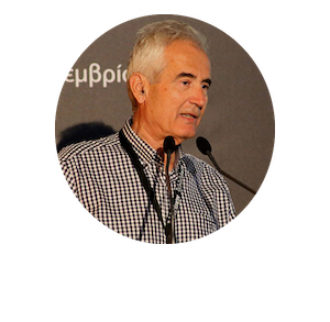Most recent projects
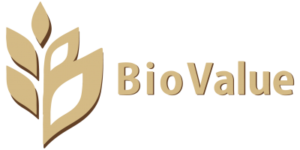 | BIOVALUE 2021-2025 The main aim of the BioValue project is to develop a dynamic and modular agent-based simulation tool that will analyse the link among biodiversity, the agri-food value chain, the environment, consumer’s preferences and health. The idea is to introduce and spread the use of underutilized, genetically diverse crops and their final marketable products to the consumer´s plates adopting a demand-driven approach (fork to farm). |
| ECO-READY 2023-2027 ECO-READY aims to create consumer driven socioecological policy for a sustainable European food system. |  |
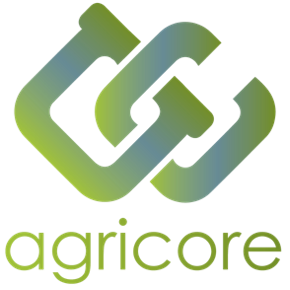 | AGRICORE 2019-2024 AGRICORE addresses the environmental and climatic impact assessment of policies by means of a dedicated module aimed to establish links between targeted policies and the corresponding impact KPIs on farmers’ practice. |
| EWABELT 2019-2025 The EWA-BELT project aims at developing Sustainable Intensification (SI) of agriculture productions in organic, agroforestry and mixed crop and livestock farming systems in 38 study areas of 6 countries belonging to EAST (Ethiopia, Kenya and Tanzania) and WEST (Burkina Faso, Ghana, Sierra Leone) Africa. | 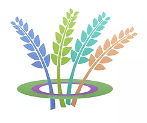 |
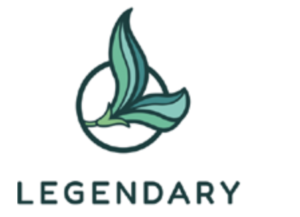 | LEGENDARY 2024-2028 The objective of LEGENDARY is to remove the barriers that hamper a significant and stable increase of the growing area of legumes in Europe. |
| MOVING 2019-2024 The project will build capacities and co-develop policy frameworks across Europe. It will establish new or upscaled value chains to contribute to the resilience and sustainability of mountain areas to climate change. |  |
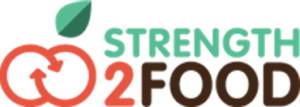 | STRENGTH2FOOD 2016-2021 Strength2Food will: Aid policy makers and other relevant stakeholders in improving the effectiveness of current policies on food quality designations and public sector food procurement to enhance their sustainability and promotion of healthy and nutritious diets. Develop and deliver effective policies for improving the overall sustainability of agriculture and capacity for balanced nutrition. Demonstrate and validate how to stimulate the development of new quality markets and local food chains through pilot initiatives and innovative actions. Maximise the impact of the project’s activities and achievements through effective knowledge exchange and communication with a wide range of relevant stakeholders on up-to-date sustainable practices. |
| COUSIN 2024-2028 Crop Wild Relatives (CWRs), i.e. the COUSINs of domesticated crops, represent a natural source of genetic variation. The COUSIN consortium recognizes the value of CWRs for agriculture, but also the challenges of their utilisation. Through the COUSIN Readiness Levels (CRLs) we will demonstrate a roadmap for the use of CWRs in breeding and farming. | 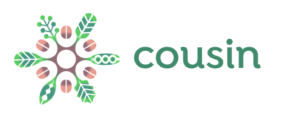 |
 | GI SMART 2024-2028 GI SMART (Geographical Indications’ contribution to smart territorial development and sustainability. Insights for GIs producers, policy makers, consumers and local communities) is a four-year lump-sum project to undertake research and demonstration activities (innovative pilot action) and provide evidence-based recommendations to strengthen the contribution of the system of geographical indications (GIs) to sustainable development, in particular to achieve the objectives of the EU Farm to Fork strategy by fostering the implementation of sustainability strategies by producers and their recognition by consumers, as well as to propose a better design of GIs policy to foster their delivery of sustainable agriculture, aquaculture, fisheries, as well as more sustainable food systems. |
*for a complete list of projects please refer to:
